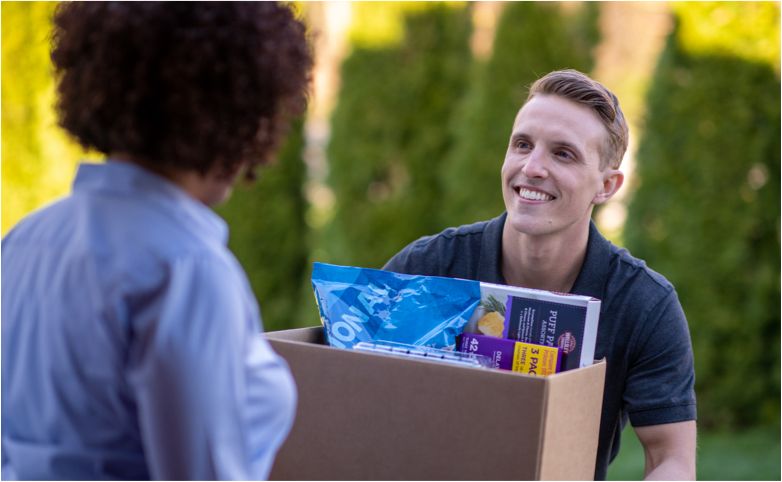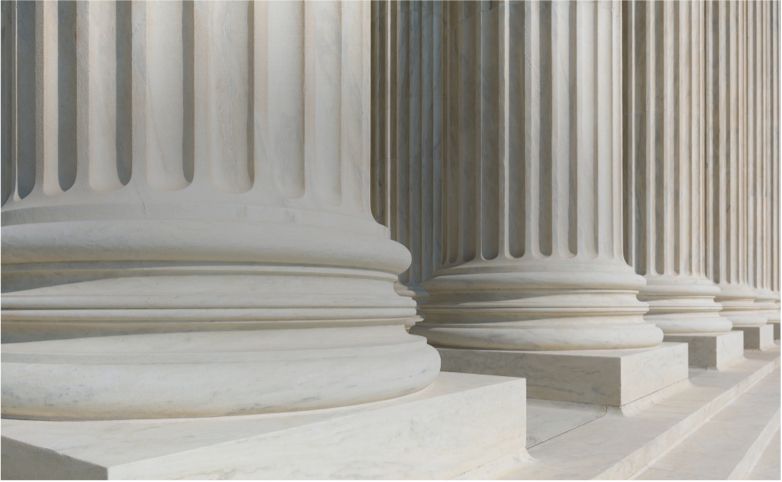
ESG approach
There is important alignment between BJ’s mission and our Environmental, Social and Governance (ESG) approach. Our mission is all about enriching the lives of our members by providing them with the products, value and experiences they deserve, which is the same approach we take with ESG. We are committed to making investments that are fiscally responsible while driving environmental improvements, social benefits and strong governance practices.
Learn more about our progress in our 2022 ESG report:
2022 links
- 2022 ESG report
- 2022 SASB index
-
2022 EEO-1 report,
as filed with the EEOC in 2023
Archived reports
-
2021 EEO-1 report,
as filed with the EEOC in 2022 -
2020 EEO-1 report,
as filed with the EEOC in 2021 -
2019 EEO-1 report,
as filed with the EEOC in 2020
Environmental

BJ's is committed to conducting our operations in compliance of applicable environmental laws, regulations and BJ's policies and procedures. In this spirit, we aim to prevent pollution through energy conservation, recycling, reducing waste and innovating to further reduce our environmental footprint.
Social

Our mission is to enrich the lives of our members by providing them with the products, value and experiences they deserve. We collaborate with our team members, community organizations and supply chain partners to promote responsible sourcing, develop an inclusive and diverse workplace and serve our communities.
Governance

We pride ourselves on operating with integrity, accountability and transparency. BJ's is commited to business success through the maintenance of high standards of responsibility and ethics.
 Buy It Again
Buy It Again
 BJ's Tire Center
BJ's Tire Center
 BJ's Services
BJ's Services
 Join Today
Join Today
